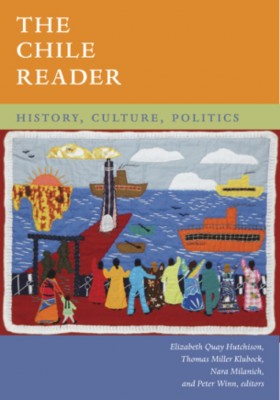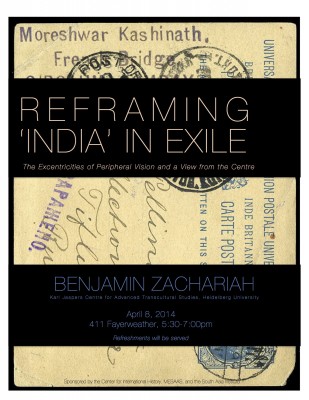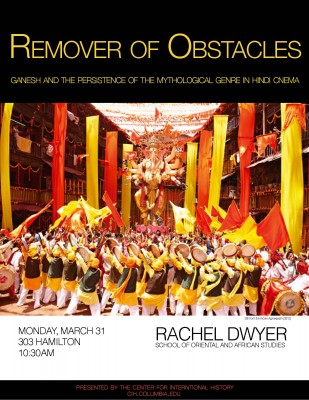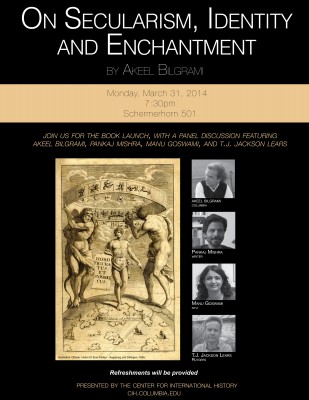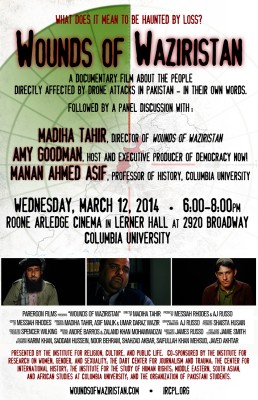SCREENING: Wounds of Waziristan with Amy Goodman | March 12, 6pm
Location: Columbia University, Alfred Lerner Hall, Roone Arledge Cinema | 2920 Broadway
The short documentary film, Wounds of Waziristan highlights the stories of those directly impacted by American drone attacks in Pakistan. Followed by a discussion with:
Madiha R. Tahir is the director of Wounds. She is an independent journalist whose work has appeared in Foreign Affairs, Vice, The National, Guernica, The New Inquiry, PRI and BBC’s “The World”, The Columbia Journalism Review, The Wall Street Journal, Democracy Now! Caravan, Global Post and other outlets. She is co-editor of a volume of essays Dispatches from Pakistan and is currently a doctoral candidate at Columbia University.
Amy Goodman is the host and executive producer of Democracy Now!, a national, daily, independent, award-winning news program. Time Magazine named Democracy Now! its “Pick of the Podcasts,” along with NBC’s Meet the Press. Goodman is the first journalist to receive the Right Livelihood Award, widely known as the ‘Alternative Nobel Prize’ for “developing an innovative model of truly independent grassroots political journalism that brings to millions of people the alternative voices that are often excluded by the mainstream media.” She is the first co-recipient of the Park Center for Independent Media’s Izzy Award, named for the great muckraking journalist I.F. Stone. The Independent of London called Amy Goodman and Democracy Now! “an inspiration.” PULSE named her one of the 20 Top Global Media Figures of 2009. She is the author of The Silenced Majority: Stories of Uprisings; Occupations, Resistance, and Hope, written with Denis Moynihan; Breaking the Sound Barrier; and, co-authored with her brother, journalist David Goodman, Standing Up to the Madness: Ordinary Heroes in Extraordinary Times (2008), Static: Government Liars, Media Cheerleaders, and the People Who Fight Back (2006), and The Exception to the Rulers: Exposing Oily Politicians, War Profiteers, and the Media That Love Them (2004).
Manan Ahmed Asif is assistant professor of history at Columbia University. He is interested in the relationship between text, space and narrative. His areas of specialization include the political and cultural history of Islam in South and Southeast Asia, frontier-spaces and imperial and colonial historiography. He is involved in Digital Humanities projects that examine the relationship between space, location and text. Asif has also written extensively about the contemporary politics of Pakistan, collected in his book Where the Wild Frontiers Are.
